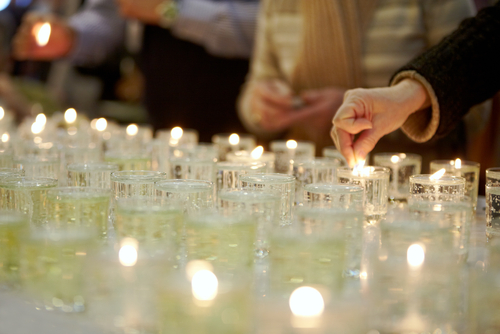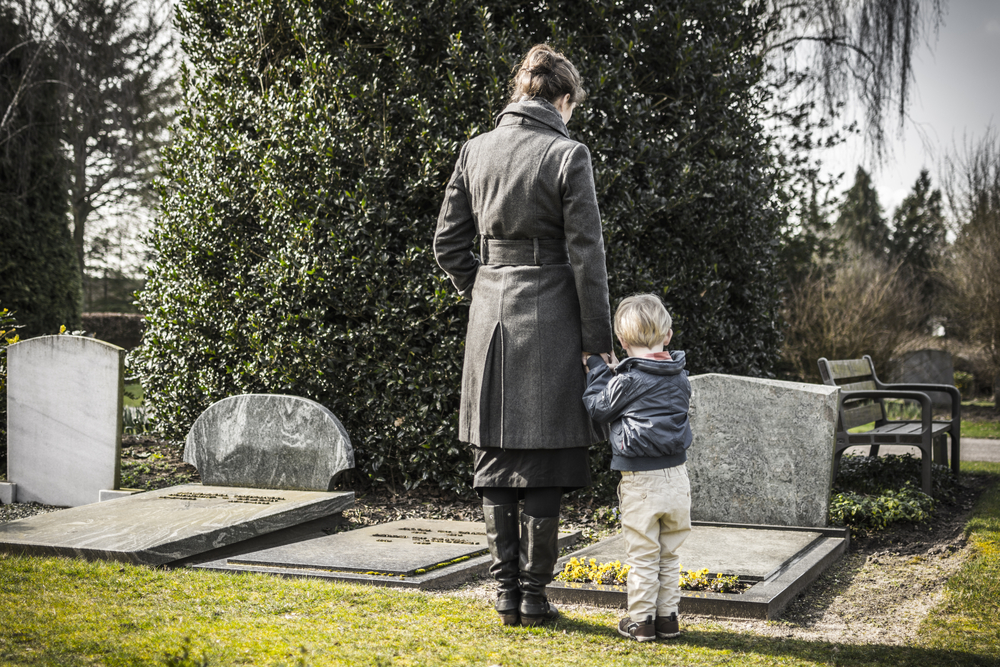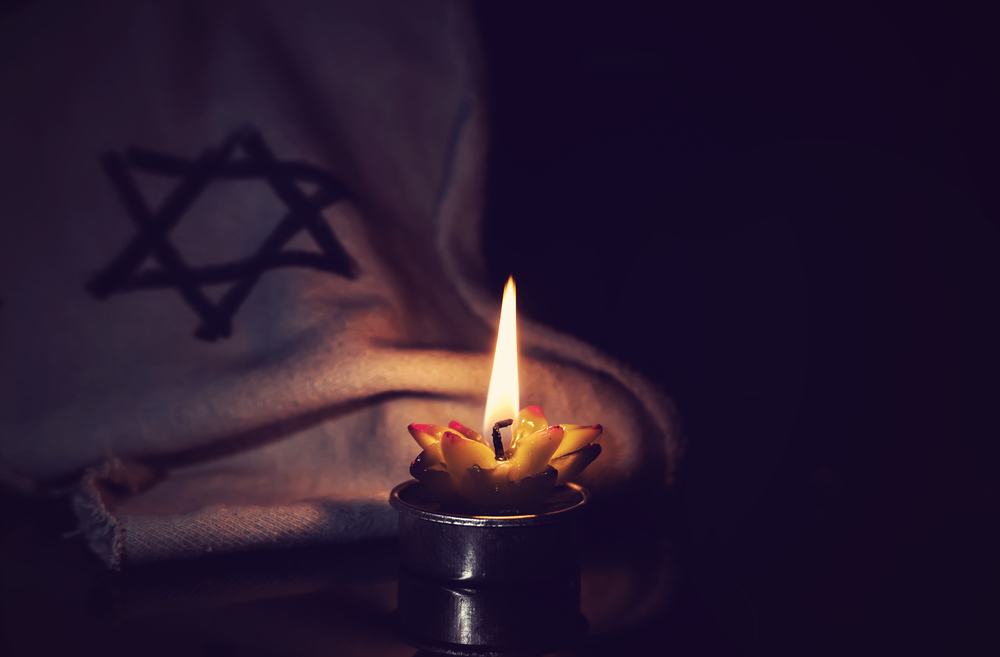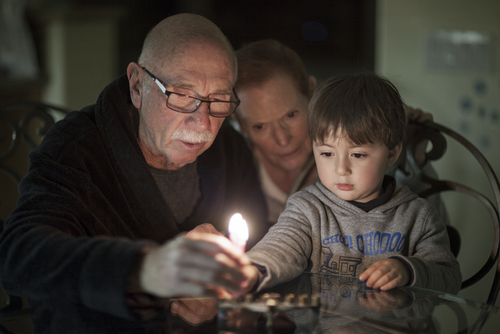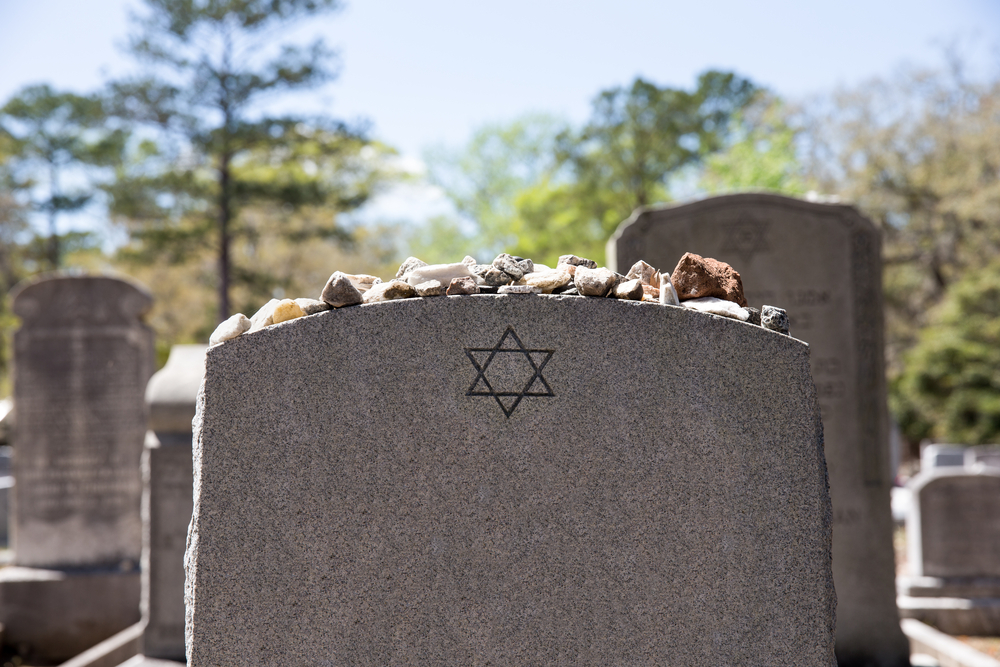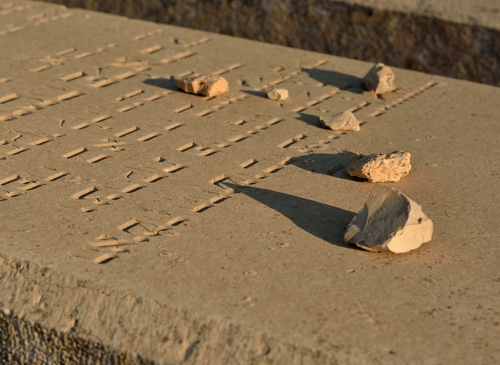At Fox Monuments, serving Long Island’s Jewish community is a privilege we engage with solemn, consistent respect. Of course, Judaism is a faith rich in history, customs, traditions and cultural significance. There have been numerous defining chapters throughout Jewish history, some triumphant and some tragic. Within the vast history of Judaism, few events are as defining or horrific as those which took place during World War II.
Of course, World War II still casts an ominous shadow seventy-five years later. These were the years of the Holocaust. Somehow, Adolf Hitler managed to whip Germany into a frenzy of rage and blame the nation’s social and economic ills on the Jewish people. Thus began one of the most chilling, tragic and unbelievable atrocities in history. Hitler and the Nazi Party organized the systematic murder of more than six million Jewish people.
Who was Oskar Schindler
Many historians and film enthusiasts know the story of Oskar Schindler. Schindler was a WWII-era Czechoslovakian industrialist, war profiteer and member of the Nazi party. He’s a notable historical figure that many continue to celebrate because he managed to save many Jews from death camps after enlisting them for work in his factory.
Originally, Schindler acted purely out of self-interest. However, eventually he realized that giving Jews factory work was essentially saving their lives. Then, he eagerly hired as many of them as possible, most of whom were unqualified, like rabbis, and couldn’t contribute to the work force. Ultimately, Schindler saved over 1,200 Jews – who collectively gave birth to over 10,000 descendants.
What is Schindler’s List
Oskar Schindler’s story is known around the globe mostly because of the 1993 Steven Spielberg movie Schindler’s List. The film was a monumental success and instantly hailed as a masterpiece upon release, starring Liam Neeson as Oskar Schindler.
Schindler’s List won seven Academy Awards, including Best Original Score, Best Adapted Screenplay, Best Director and Best Picture. Both critics and audiences consider Schindler’s List to be among the greatest movies in history. Countless Jews visit Schindler’s grave to this day to place stones on his grave.
Chiune Sugihara – The “Japanese Schindler”
Of course, nobody could possibly diminish the heroic achievements of Oskar Schindler. However, it turns out that another historical figure shares some very distinctive parallels with him. Chiune Sugihara, otherwise known as the “Japanese Schindler,” is receiving modern acknowledgement for his war time contributions to the Jewish people, as well.
During World War II, Japan signed the Tripartite Pact along with Germany and Italy. Basically, this made Japan (as a nation) sympathetic to the Nazi cause and hostile towards the Jewish people. However, Sugihara, a Japanese diplomat serving as vice-consul for the Japanese empire in Lithuania, put his (and his family’s) safety at extraordinary risk by helping several thousand Jews escape to freedom.
Basically, he would issue transit visas to Jewish refugees so they could safely travel through Japanese territories. Most of the refugees were fleeing Poland, Lithuania and other Nazi-occupied countries.
Of course, if Sugihara were caught, the consequences would have been horrifying. Undoubtedly, he and his family would have been subjected to violent, brutal punishments at the very least. The State of Israel honors Sugihara with the title of Righteous Among the Nations. This title describes non-Jews responsible for brave and heroic acts during the Holocaust. Historians estimate that at least 100,000 people are alive today because of Sugihara’s efforts.
Conclusion – Fox Monuments
At Fox Monuments, we have nothing but eternal respect for the history and trials of Jewish people throughout history. We do our part to serve Long Island’s Jewish community with custom, enduring monuments that honor faith and Jewish legacies. And we’ll continue to provide the same guidance, strength, support and wisdom that pays respect to your faith for several years to come.
